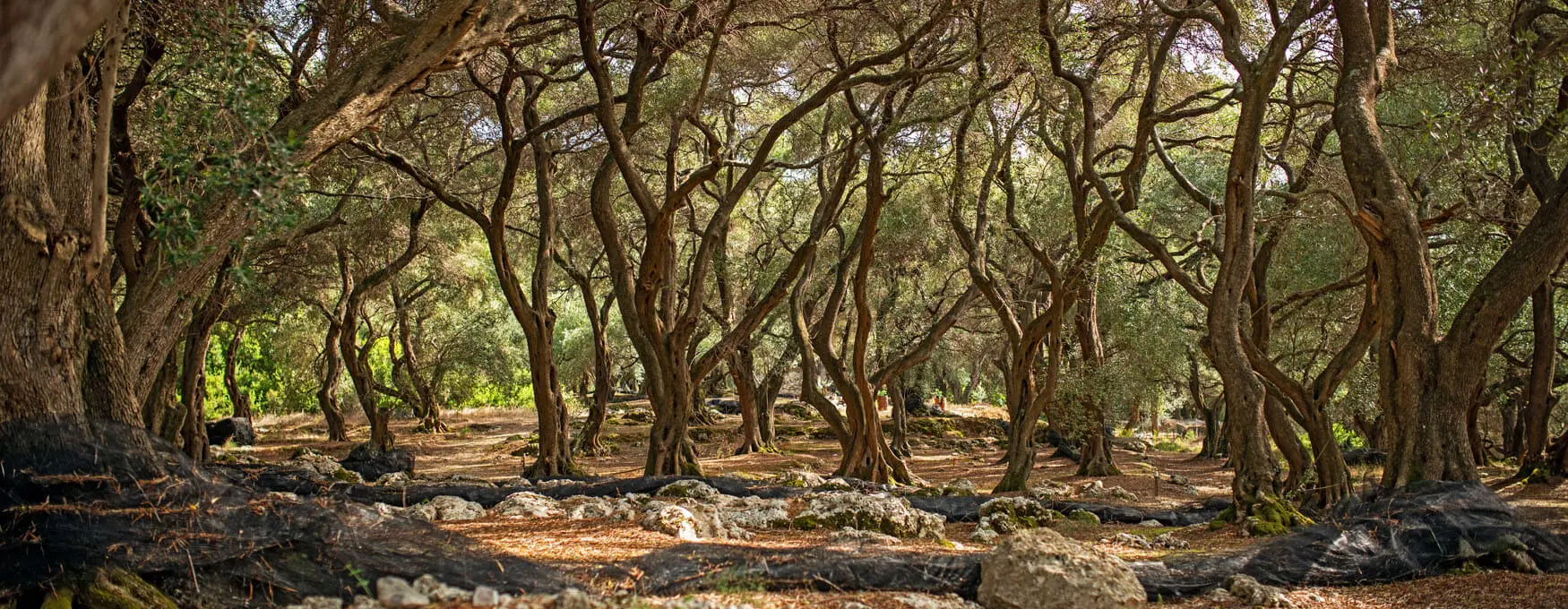Corfu
The Island of the Phaeacians
Greek: Κέρκυρα
pronounced [ˈcercira]
Please Select
Welcome to Corfu
A complete guide for your vacation
With the passage of time the island may have changed, but we can still feel the spirit of a distant glorious past. Its rich multi-cultural heritage, its historic monuments, its stunning natural landscape, its crystal clear seas, and its excellent weather all year round explain why Corfu is one of the most cosmopolitan Mediterranean destinations weaving a powerful spell on its visitors.
Corfu (Kerkyra in Greek), unlike the rest of Greece, never fell under the Ottoman oppression. Due to the successive dominations of the Venetians, the French and the British over the centuries, the island has primarily become part of the Western rather the Levantine world. Their culture wielded strong influence in the city: it was here that the first Greek University (the Ionian Academy), the first Philharmonic Orchestra and the First School of Fine Arts were founded.
In the beautifully preserved Old Town of Corfu, a UNESCO world heritage site, Renaissance, Baroque and Classical “repertoire” came to be successfully applied to local artistic traditions. Palaces, fortresses, austere public buildings of the Venetian rule uniquely blend with lines of drying washing in tiny alleyways and small secluded squares. Strolling through a complex of narrow cobbled streets with stairways and vaulted passages, the so-called “kantounia”, will make you feel as if you’ve travelled to Genoa or Naples.
Recent stories about Corfu
Flavours from the Island of Corfu!
The local products of the island Corfu’s microclimate– heavy rainfalls and humidity- as well as the mild relief of its territory are the key factors related to the fertility and fruitfulness of the blessed Corfiot land… Ever since Homer’s time, the olive tree has undoubtedly been the trademark of Corfu. The sight of vast ancient-old olive groves...
